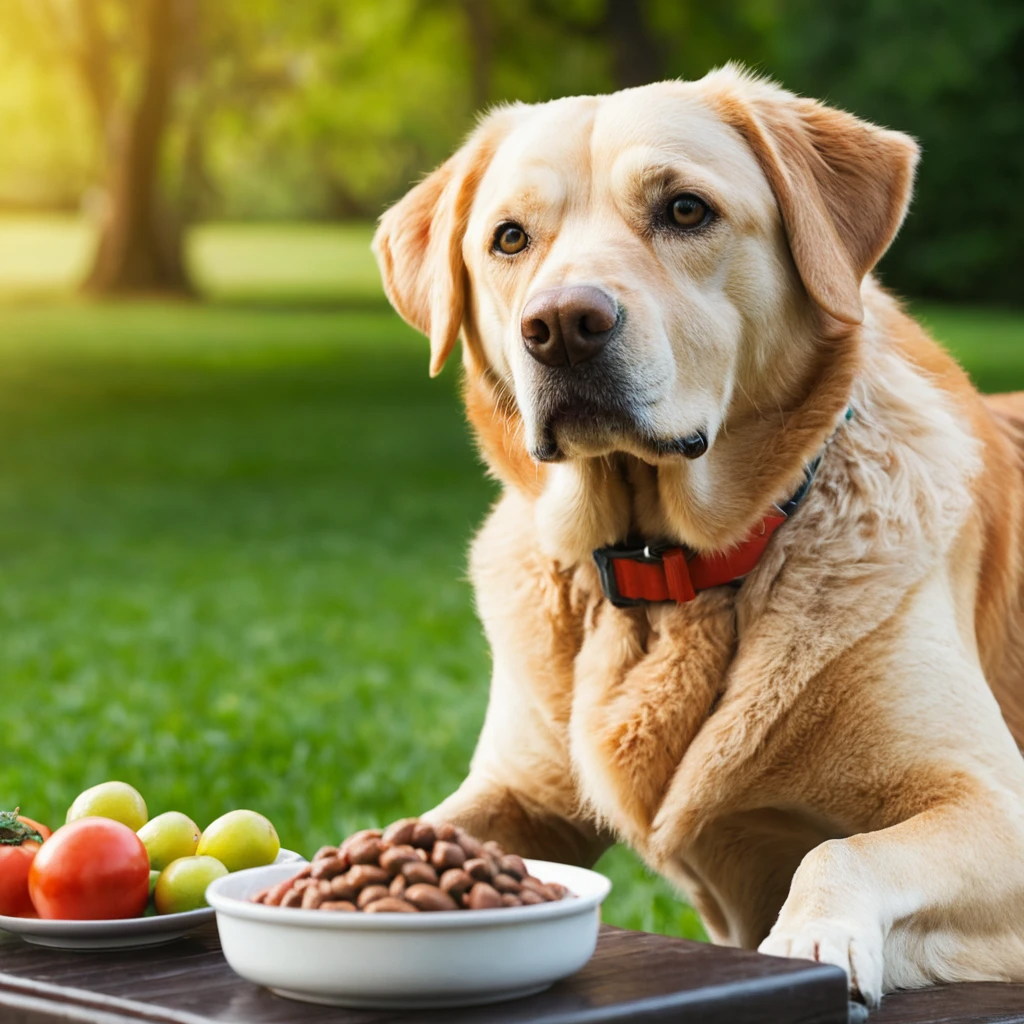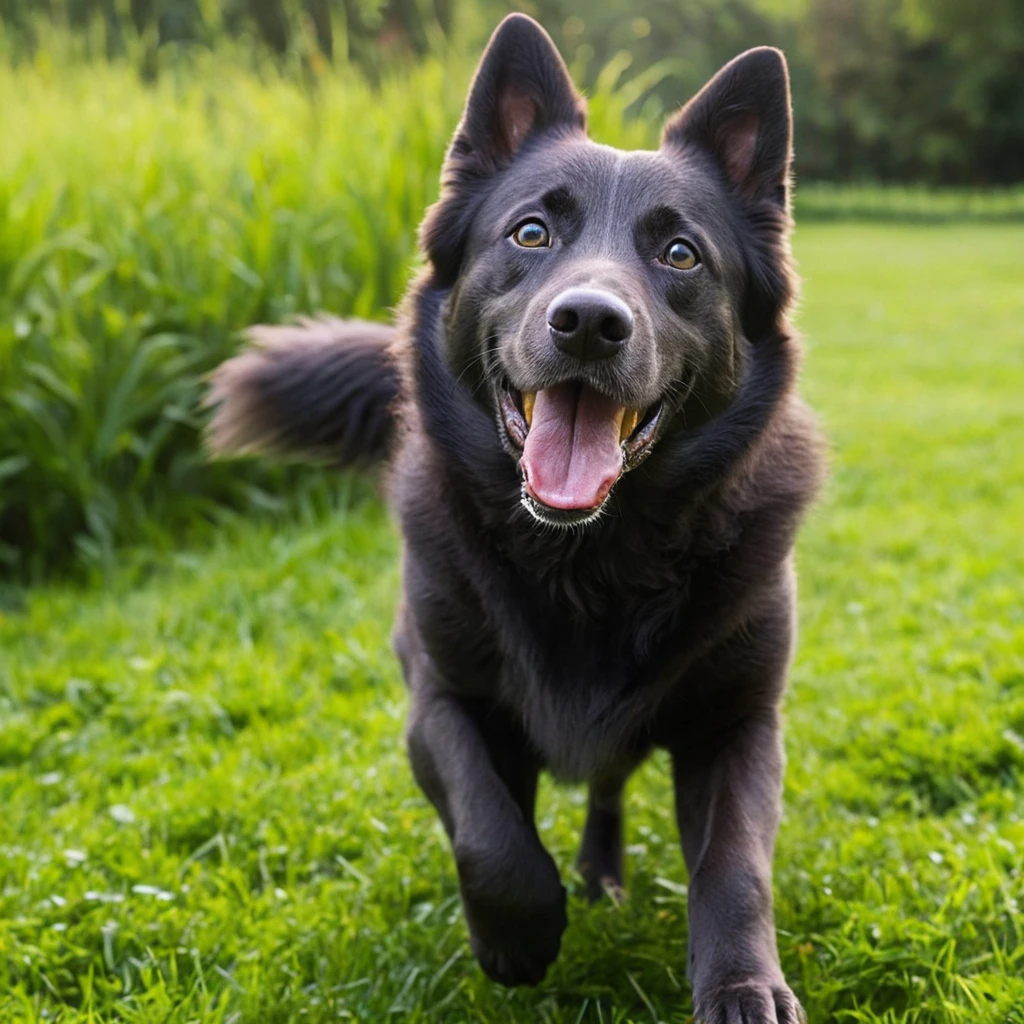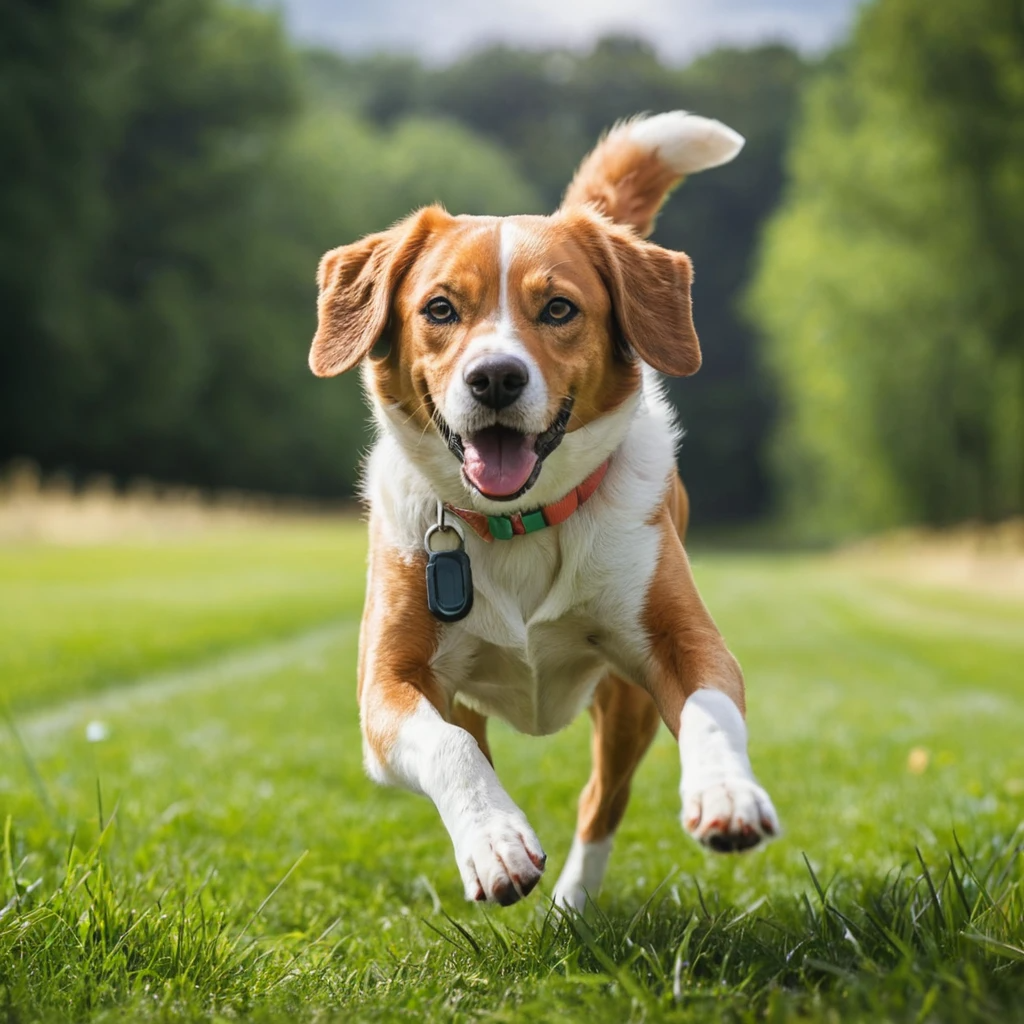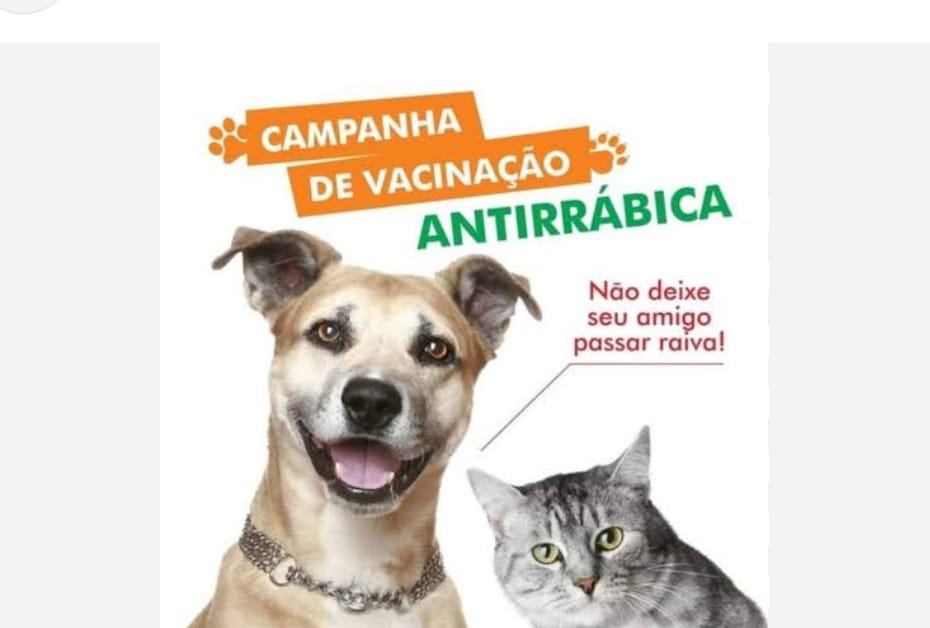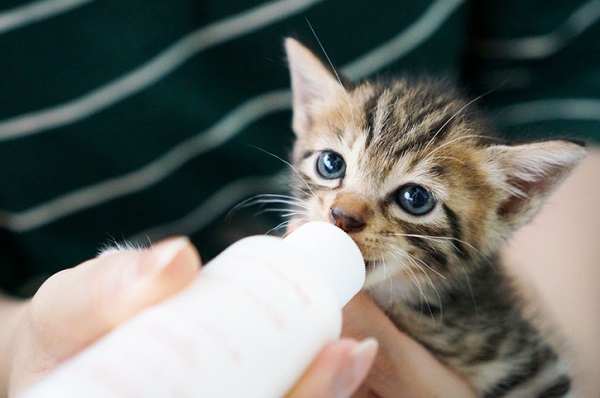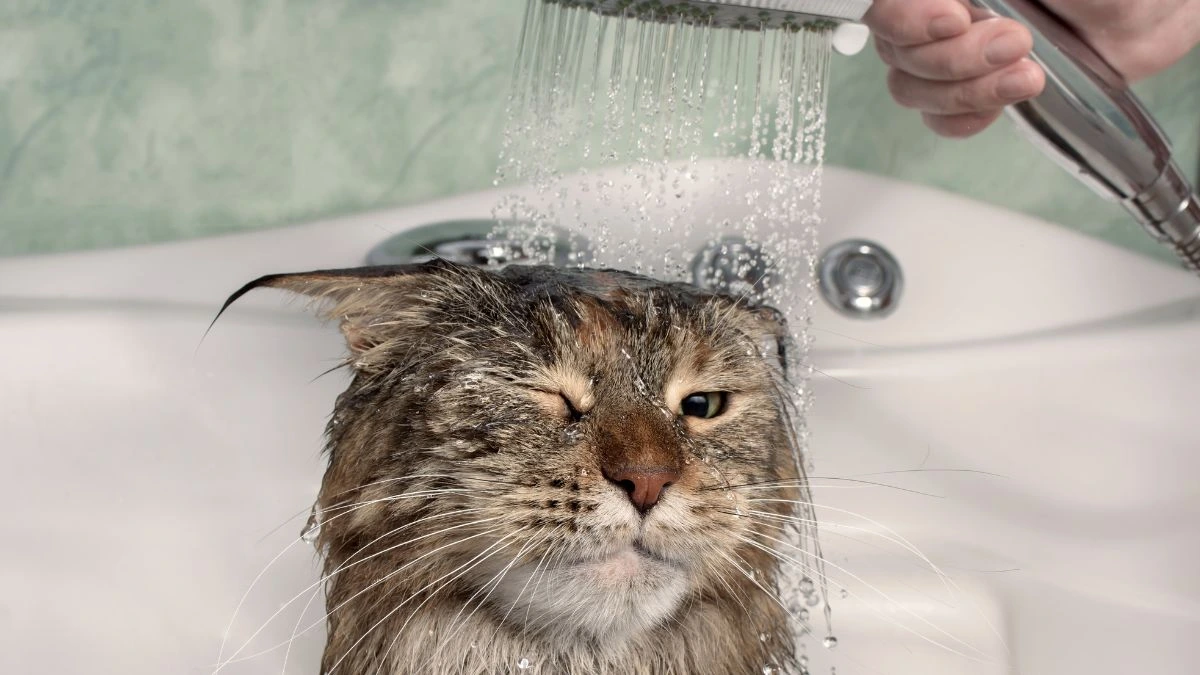🐶🍽️
A melhor dieta para cães idosos: o que alimentar e o que evitar🥦🐾
Alimentação para Cães Idosos: O que Dar (e Evitar) na Melhor Idade
À medida que os cães envelhecem, suas necessidades nutricionais mudam. O que funcionava para o seu filhote cheio de energia pode não ser mais adequado para o corpo envelhecido dele. Uma dieta equilibrada ajuda a controlar o peso, reduzir inflamações, fortalecer as articulações e até melhorar a função cognitiva. Alimentar seu cão idoso da maneira certa é uma das melhores formas de mantê-lo feliz, ativo e saudável nos seus anos dourados. 🌟🐶
Vamos explorar o que seu cão idoso deve (e não deve) comer e como criar uma dieta que apoie uma vida longa e confortável.
Por Que a Dieta é Tão Importante na Velhice? 🧓🍽️
Com o envelhecimento, o metabolismo do cão desacelera, e eles ficam mais propensos a:
- Ganho ou perda de peso
- Perda de massa muscular
- Dores e rigidez nas articulações
- Digestão mais lenta
- Sistema imunológico mais fraco
Isso significa que eles precisam de menos calorias, mas nutrientes de maior qualidade para manter a saúde sem sobrecarregar o organismo.
Sinais de Que Seu Cão Precisa de uma Nova Dieta ⚠️🐕
Nem sempre os problemas alimentares são óbvios. Fique atento a:
- Ganho ou perda de peso sem mudança na porção
- Cansaço ou fraqueza excessiva
- Problemas digestivos (gases, prisão de ventre, diarreia)
- Pelagem opaca ou pele seca
- Mau hálito ou problemas dentários
- Falta de apetite
Se notar algum desses sinais, consulte um veterinário e avalie a dieta do seu cão.
Necessidades Nutricionais dos Cães Idosos 🍗🥬
O foco da alimentação deve ser:
1️⃣ Proteína de Alta Qualidade
- Preserva a massa muscular (que diminui com a idade).
- Priorize carnes reais (frango, carne bovina, peixe) como primeiro ingrediente.
2️⃣ Gorduras Saudáveis
- Ômega-3 (óleo de salmão, linhaça) reduz inflamações e protege o cérebro e coração.
3️⃣ Fibras
- Ajudam na digestão lenta.
- Boas fontes: polpa de beterraba, abóbora, arroz integral.
4️⃣ Menos Calorias
- Cães menos ativos precisam de dietas com menos gordura e carboidratos.
5️⃣ Nutrientes para Articulações
- Glucosamina e condroitina ajudam contra artrite e rigidez.
6️⃣ Antioxidantes e Vitaminas
- Fortalecem o sistema imunológico e a função cognitiva.
- Fontes: mirtilos, espinafre, cenoura, vitaminas E e C.
Alimentos a Evitar para Cães Idosos 🚫🍕
Alguns alimentos podem ser prejudiciais:
❌ Carnes muito gordurosas (bacon, cortes gordurosos) → Risco de pancreatite.
❌ Excesso de sal ou temperos → Aumenta a pressão e afeta os rins.
❌ Ossos ou petiscos duros → Risco de fraturas dentárias ou engasgo.
❌ Petiscos humanos (biscoitos, salgadinhos, doces) → Levam à obesidade.
❌ Uvas, chocolate, cebola, alho → Tóxicos em qualquer idade.
Ração Úmida vs. Seca para Cães Idosos 🥣🦴
Ambas têm vantagens, e uma combinação pode ser ideal:
Ração Seca:
✔ Bom para saúde dental
✔ Mais fácil de armazenar
✔ Geralmente mais econômica
Ração Úmida:
✔ Mais fácil de mastrar (ótimo para cães com problemas dentários)
✔ Maior hidratação
✔ Aroma mais forte (estimula o apetite)
Dica: Se seu cão tem dificuldade com ração seca, experimente umedecê-la com água morna ou misturar com ração úmida.
Comida Caseira: Vale a Pena? 🏠🍳
Alguns donos preferem cozinhar para seus cães. Pode ser saudável, mas exige cuidado.
✔ Prós: Controle total dos ingredientes; ideal para cães com alergias.
✖ Contras: Requer tempo e planejamento; risco de desequilíbrio nutricional.
📌 Sempre consulte um veterinário ou nutricionista antes de adotar uma dieta caseira.
Quantas Vezes ao Dia Alimentar um Cão Idoso? 🕐🍲
Cães mais velhos se adaptam melhor a refeições menores e mais frequentes:
- 2 a 3 refeições por dia
- Ajuda na digestão e regulação do açúcar no sangue
- Mantém a energia estável
Evite alimentar apenas uma vez ao dia → pode causar estresse digestivo e ansiedade.
Suplementos para Cães Idosos 💊🐾
Alguns suplementos podem ajudar:
- Glucosamina + Condroitina → Articulações
- Probióticos → Digestão
- Óleo de peixe → Cérebro e pelagem
- Multivitamínicos → Completa nutrientes
Sempre consulte o veterinário antes de introduzir suplementos.
Como Fazer a Transição para uma Nova Dieta 🐌➡️🐕
Mudanças bruscas podem causar desconforto. Faça a transição em 7 a 10 dias:
- Dias 1–3: 75% comida antiga + 25% nova
- Dias 4–6: 50% antiga + 50% nova
- Dias 7–9: 25% antiga + 75% nova
- Dia 10: 100% comida nova
Observe sinais de desconforto (vômitos, diarreia, falta de apetite) e ajuste se necessário.
Conclusão: Alimentação é Amor 🥰🐕
Oferecer a dieta certa ao seu cão idoso é um dos maiores gestos de carinho. Uma boa nutrição garante mais disposição, saúde e longevidade.
Fique atento às mudanças, consulte seu veterinário regularmente e priorize qualidade em vez de conveniência. Ele sempre esteve ao seu lado — agora é sua vez de garantir que ele aproveite cada refeição e cada dia da melhor forma possível. 🍽️🐶💛

